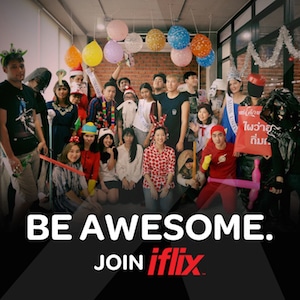KIMMY SURAPHONGCHAI, IFLIX
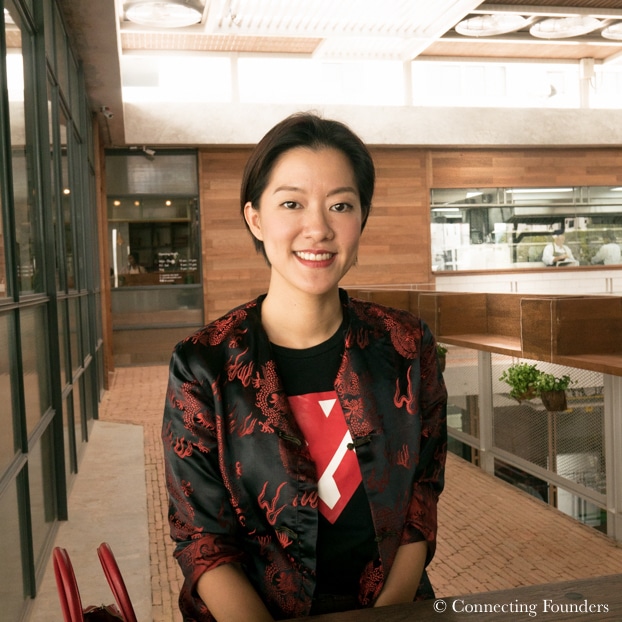
“I like math, I like sciences because it’s about solving problems. I became an electrical engineer because it’s very problem-solving and then worked as a management consultant where I had to solve other people’s problems. It was challenging but very exciting and fulfilling. Being an entrepreneur for me is similar in the sense that I am trying to solve people’s problems. For example, at Freebie we tried to solve the issue that people wanted to talk more on the phone but they were out of cash. And at the same time corporates wanted to reach that demographic but weren’t succeeding. So we designed Freebie where subscribers could make free voice calls after first listening to a short voice advertisement specifically selected for them. We were super excited about this product and reached 200,000 subscribers within a few months but then the journey came down because of the massive stress protests and it became super stressful. In the end we had to shut it down but it didn’t turn me off from building another business because it was a really worthwhile experience.”
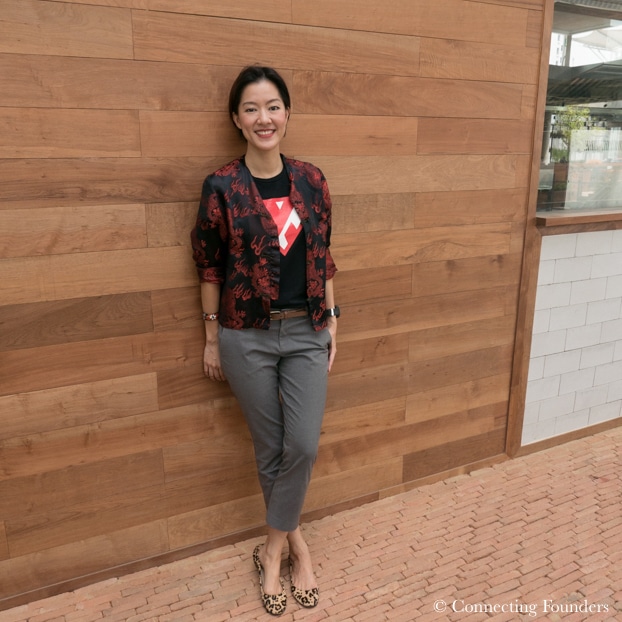
“2-3 months after launching Freebie, street protests started and went on for 6 months. We had 300,000 people wanting to make calls for which we couldn’t find sponsors and 50,000 people on the waiting list to join the program. At some point we couldn’t sustain any longer because it was eating into our reserves so we had to shut Freebie down in February 2015. Looking back, I think we took to long to launch Freebie. We were trying to make it perfect. Now at Iflix we follow a concept called Lean Startup by Eric Ries: “Build, Measure, Learn”. If you launch something and you are not embarrassed by it, then you have launched too late. If you take too long to complete it, then you have lost too much time. You have an idea, quickly build it, get the data, measure it, and fix it. For me as long as you did your best, you put 100%, then there are no regrets. It’s still better than do it halfway and you still fail and you end up saying, ‘I wish I did this, I wish I did that’. If it didn’t work out and you learned from it, then put more effort into the next one.”
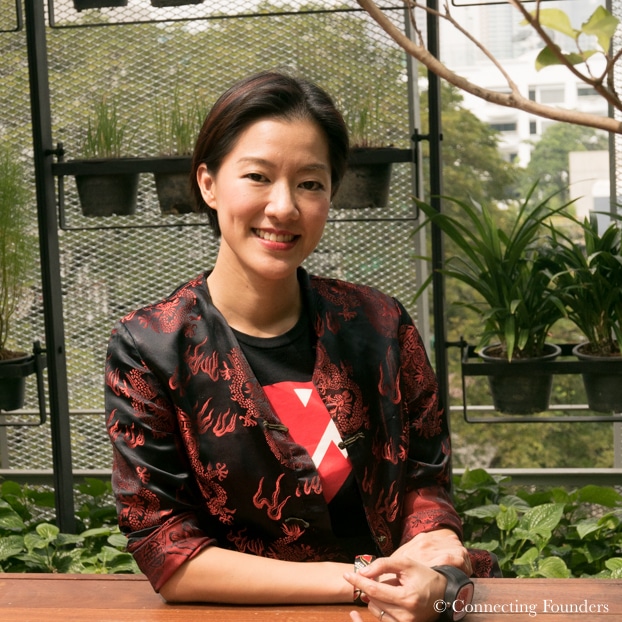
“We just celebrated our 1st birthday at Iflix. We grew from 3 people on day 1 to 26 staff; 100,000 people using our services every day; and a few million minutes of programs watched every day. It feels great. We are in Malaysia, Thailand, and Philippines and we’ll be expanding quickly to other countries in Southeast Asia and likely the Middle-East. Iflix has been built with the specific needs of emerging markets in mind. It’s a combination of local content, local language through subtitles, great price, and the ability to download movies and watch offline. We use a technology called adaptive bit rate so even if Internet speed is slow, you can still stream relatively quickly. The price is key. Subscribers pay only 100 Bath a month ($3.5) and I think this is the right price point to reach the mass market. It’s also good that Netflix has launched in Thailand. It validates the potential and the demand for such services in Southeast Asia and consumers get more choice to see for themselves what they like and what they want to watch, and which features they prefer. We had 4 straight days of record-breaking sales when Netflix opened here.”
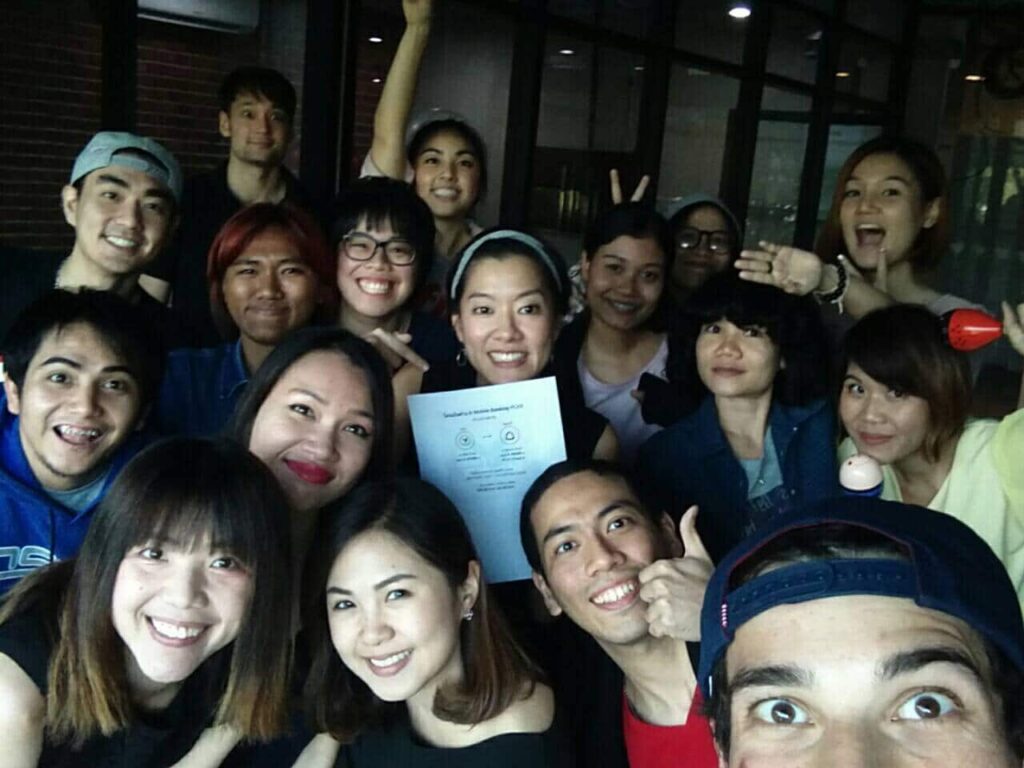
“What has been your most memorable experience as an entrepreneur? When you get your first customer. When people are actually using what you built from scratch. It’s very fulfilling. At Iflix, within five minutes of the payment system going live, we had our first customer. It was a bank transfer so that means the customer paid an extra 25 Bath – a 25% fee – to get our service. We printed it out and all of us were jumping up and down and high-fiving each other. It was such a high. Then we framed it and put it on the wall.”
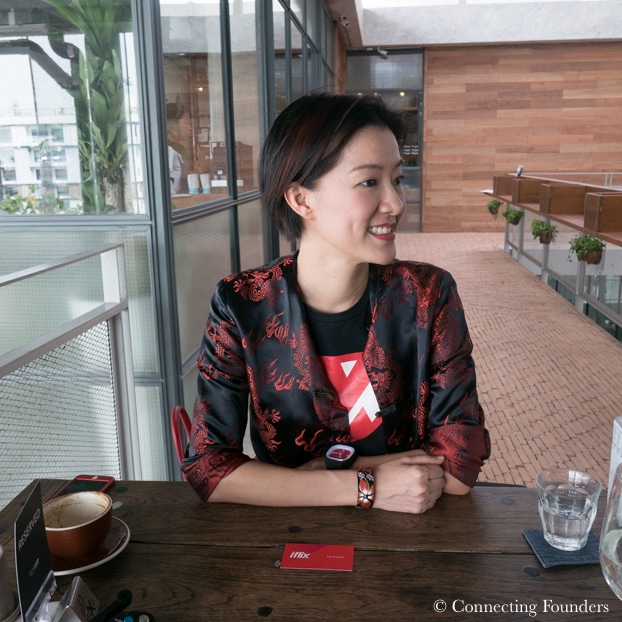
“If you are going to run you own business, there is no way out of working your tail off. You are going to work through the flu, when you are upset, with no sleep and no rest. Make sure you are ready for it because you are marrying your business. So if you are a person that doesn’t like stress or just wants to take it easy, then business is not for you. It’s really difficult and it takes a lot of guts and a lot of strength but if you really want something, you can make it happen. And when you do, it’s so incredibly rewarding. It’s worth all the pain.”

“The steepest leaning curve is always learning about the industry, who’s who, what are the key elements, and who are the big players. The first 2 months is where you absorb everything like a sponge, and after that it’s about what are the top 3 things that you need to do to get the business running. Solve that, get people on it, and then you move on the next thing and build the team.”

“I am surprised of my management style. What you think you might be and what you are is a bit different. When I was a consultant, I thought ‘If I was an entrepreneur, I would be the cool, chilled out boss’. But when you run your own business, you realize that you don’t have the luxury to be like that all the time and you eventually develop a ‘dark side’. I am still trying to find the balance between pushing and pulling, when to use soft skills and when to be tough. Being an entrepreneur is very different than what I thought it would be 10 years ago and I am tougher than I expected”.

“As a young woman, sometimes it’s challenging to be seen as a leader. Thailand is still very sexist in many industries and also very hierarchical so sometimes some business partners prefer to deal with somebody more senior and a man. It makes my life a bit harder but doesn’t mean I don’t do it. I have to keep pushing and prove myself. It’s also very industry-specific in marketing and advertising there are lots of women in key positions but in certain industries such as banking and Telcos it’s still very men-dominated and you have to push through and find a tactful way to navigate around that. It’s very difficult because men can get away with being tough, and being much more aggressive and confrontational than women. And the issue is not only with men but sometimes with women as well. So I try to to work on the relationship side of things more, to get everybody on board and show them that my goals and their goals are aligned and that we are heading the same way and we should help each other.”
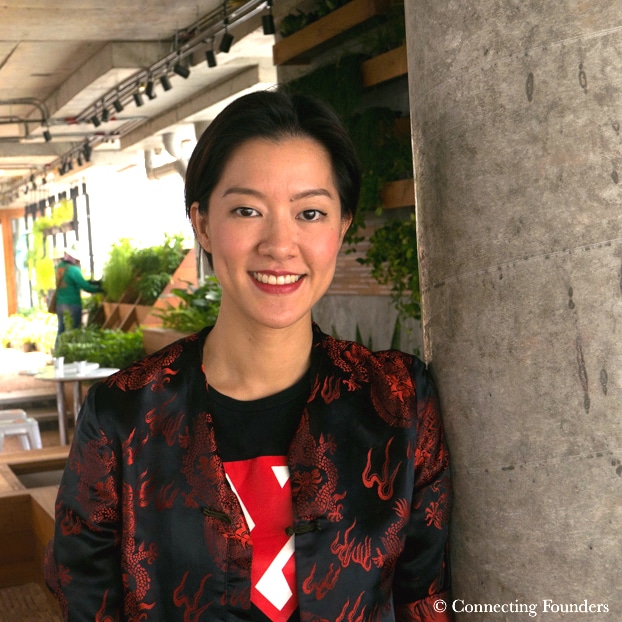
“At Iflix we have this feedback strategy called ‘brutal but supportive’. Brutal in the sense that we are brutally honest but it always comes with support to help staff do better. We also have the “11.30pm honesty” tactic. When you are at a party and I ask you how you are at 8pm, you might say, ‘I am great, everything is going well’. At 9pm after a glass of wine or two, you might say instead, ‘I am a bit stressed, I have some issues’. By 11.30pm you become really honest and talk openly. So whenever we sit with staff and need to share something really honest that might otherwise be perceived as too crude, we say it’s time for ’11.30pm honesty’. This way we don’t waste too much time and can get straight to the point but without hurting anyone. And it always comes with an offer of support to get people to do their best.”
“My advice to young women thinking about becoming entrepreneurs is to be brave and do it rather than think about it too much. It’s about building that “build, measure, learn” cycle really quickly and be brave to take the first step because I think it’s the hardest. There are so many women entrepreneurs with such great ideas that spend too much time doubting themselves and waiting to know more but by the time they are ready, they might be too late.”
Company: Lizzy Latte
Location: Manila
Founded: 2015
No of Employees: 3
Women-owned and led
